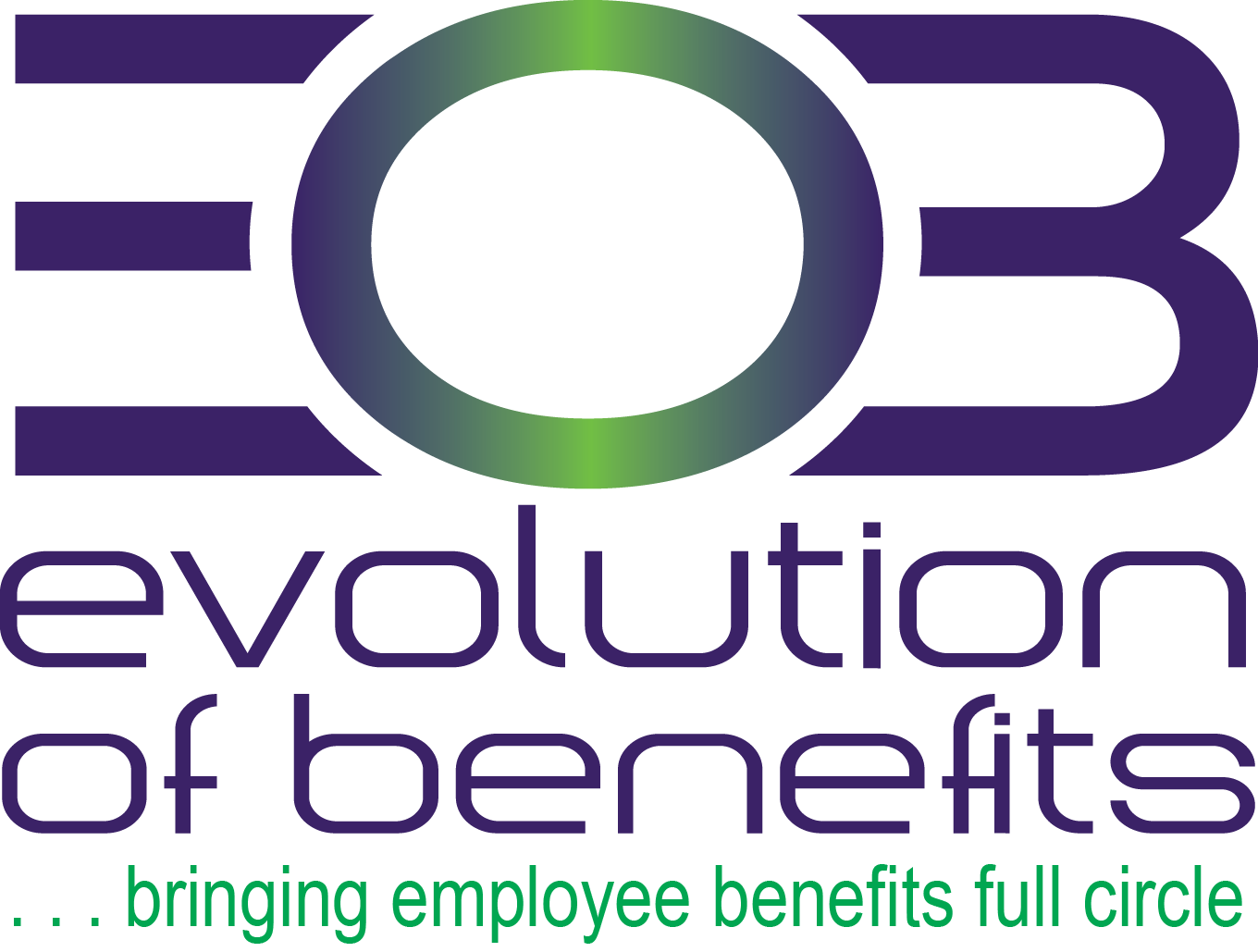Compliance Tracker – October

Upcoming Compliance Dates:
A | Provide ICHRA Notice for 2025 Plan Year (Calendar-year Plans Only) – Oct. 3, 2024
Employers that offer individual coverage health reimbursement arrangements (ICHRAs) that operate on a calendar-year basis must provide notice to eligible employees by Oct. 3, 2024.
B | Provide QSEHRA Notice for 2025 Plan Year (Calendar-year Plans Only) – Oct. 3, 2024
Employers that offer qualified small employer health reimbursement arrangements (QSEHRAs) that operate on a calendar-year basis must provide notice to eligible employees by Oct. 3, 2024.
C | Provide Medicare Part D Notices – Oct. 14, 2024
Employers must notify Medicare-eligible individuals by Oct. 14, 2024, whether the health plan’s prescription drug coverage is creditable or noncreditable.
D | File Form 5500 (Extended Deadline for Calendar-year Only Plans) – Oct. 15, 2024
Employers with calendar-year employee benefit plans that applied for the automatic 2.5-month filing
extension must file Form 5500 for the 2023 plan year by Oct. 15, 2024.
Compliance Overview – Employee Assistance Programs

Employee assistance programs (EAPs) are work-based intervention programs that connect employees with resources to identify and address personal problems. EAPs typically include a variety of services to help employees remain healthy and productive, such as mental health counseling, substance use disorder counseling, financial advising, legal services, and resources to address family issues and other personal challenges. EAPs are usually offered at no cost to employees by third-party vendors. They can also be provided as a component of the employer’s group medical plan.
This Compliance Overview summarizes key requirements for EAPs. Employers sponsoring EAPs should ensure they are familiar with these compliance requirements.
Compliance Bulletin – Legal Considerations for Employee Terminations

Employee terminations are often complicated, and if not conducted properly, employers can open themselves up to costly legal challenges and negatively affect their business or reputation. Understanding the legal obligations of employee terminations can help employers ensure this process is conducted in a manner that minimizes legal risks and accounts for various business considerations.
Compliance Bulletin – Health Plans Must Update HIPAA Policies for New Reproductive Health Care Rights

Beginning Dec. 23, 2024, covered entities and their business associates must comply with stricter
HIPAA privacy protections for reproductive health care. These new protections prohibit regulated entities from using or disclosing protected health information (PHI) related to lawful reproductive health care:
- For a criminal, civil or administrative investigation into (or proceeding against) a person in connection with reproductive health care; or
- To identify an individual, health care provider or other person for purposes related to such an investigation or proceeding.
In addition, regulated entities must obtain a valid attestation when a request is made to use or disclose PHI potentially related to reproductive health care for certain purposes to ensure that the use or disclosure is permissible.























